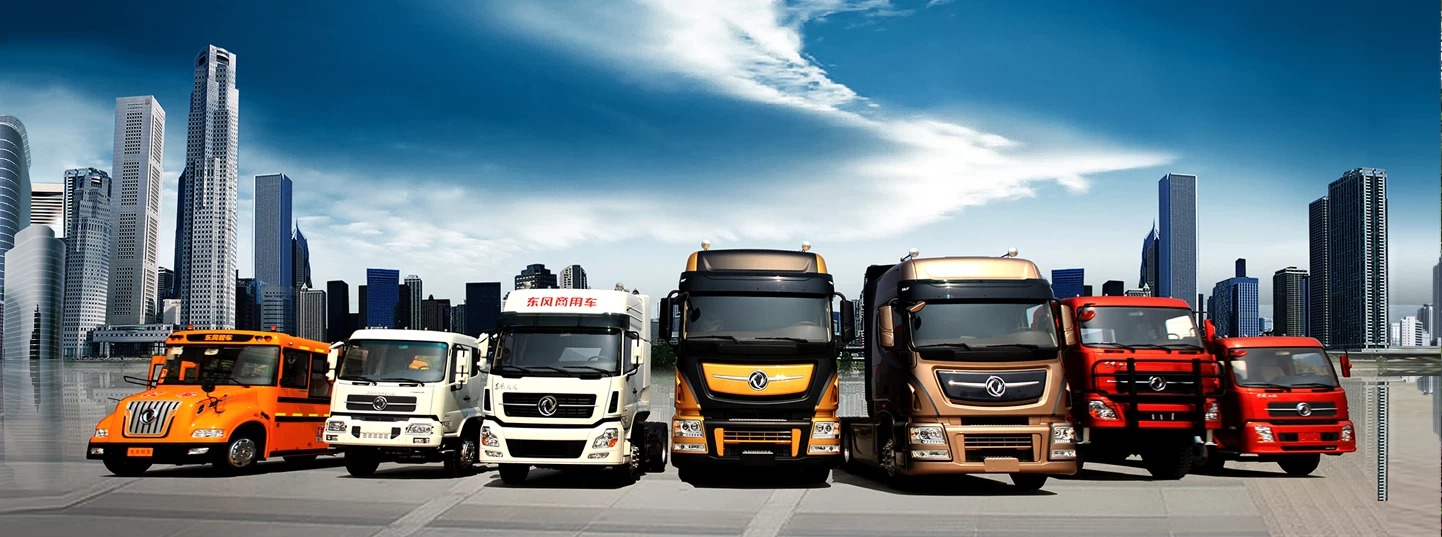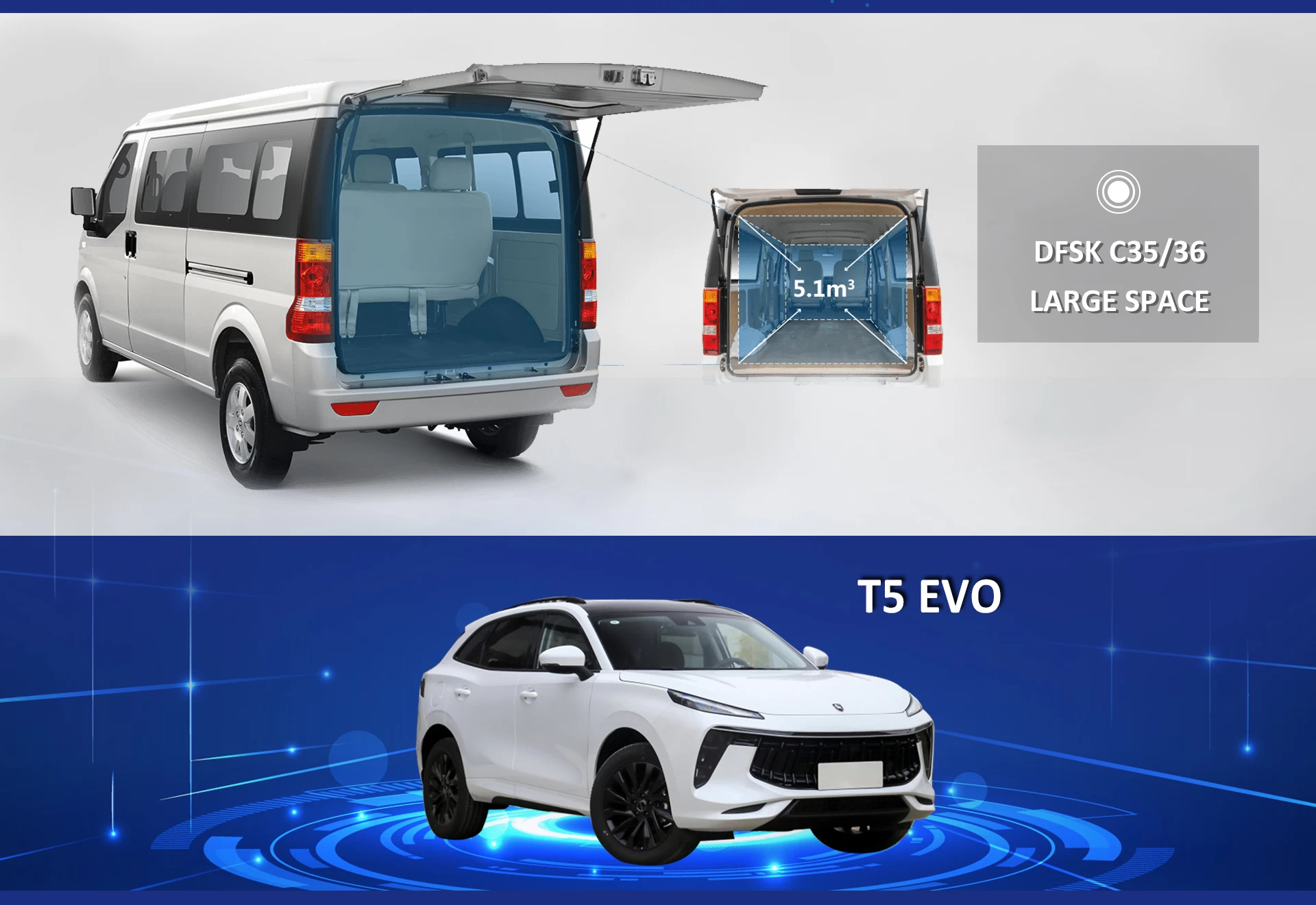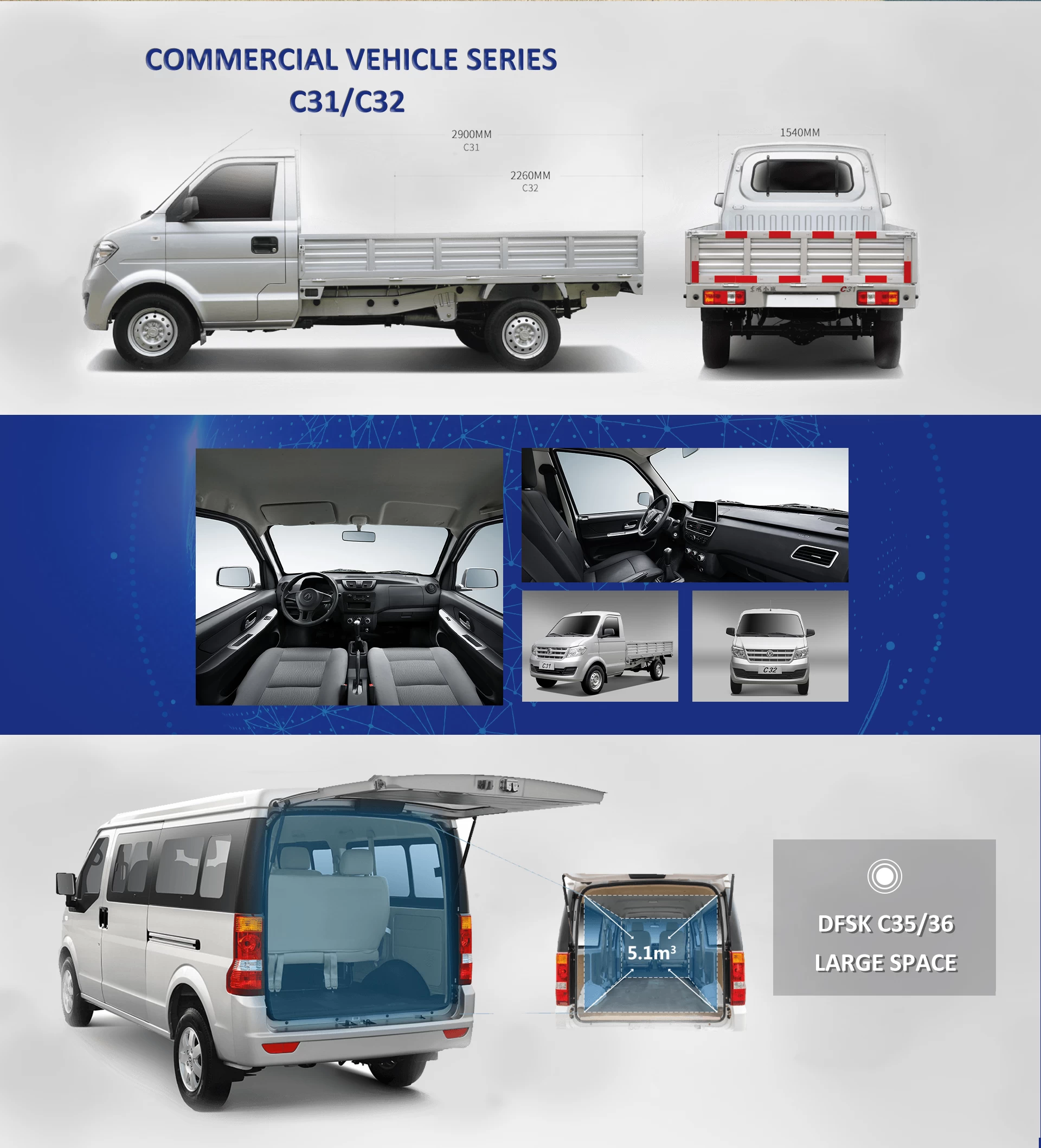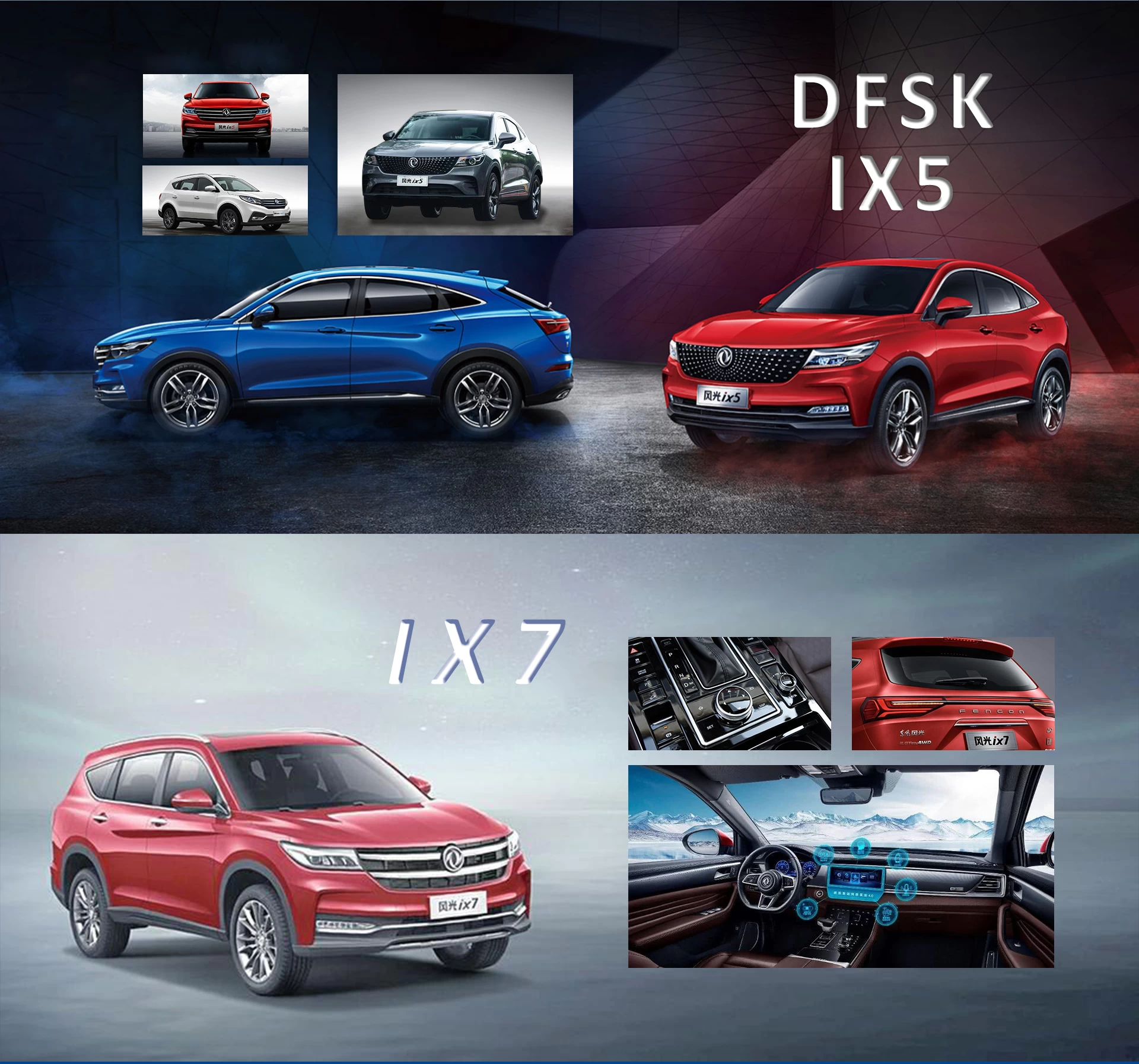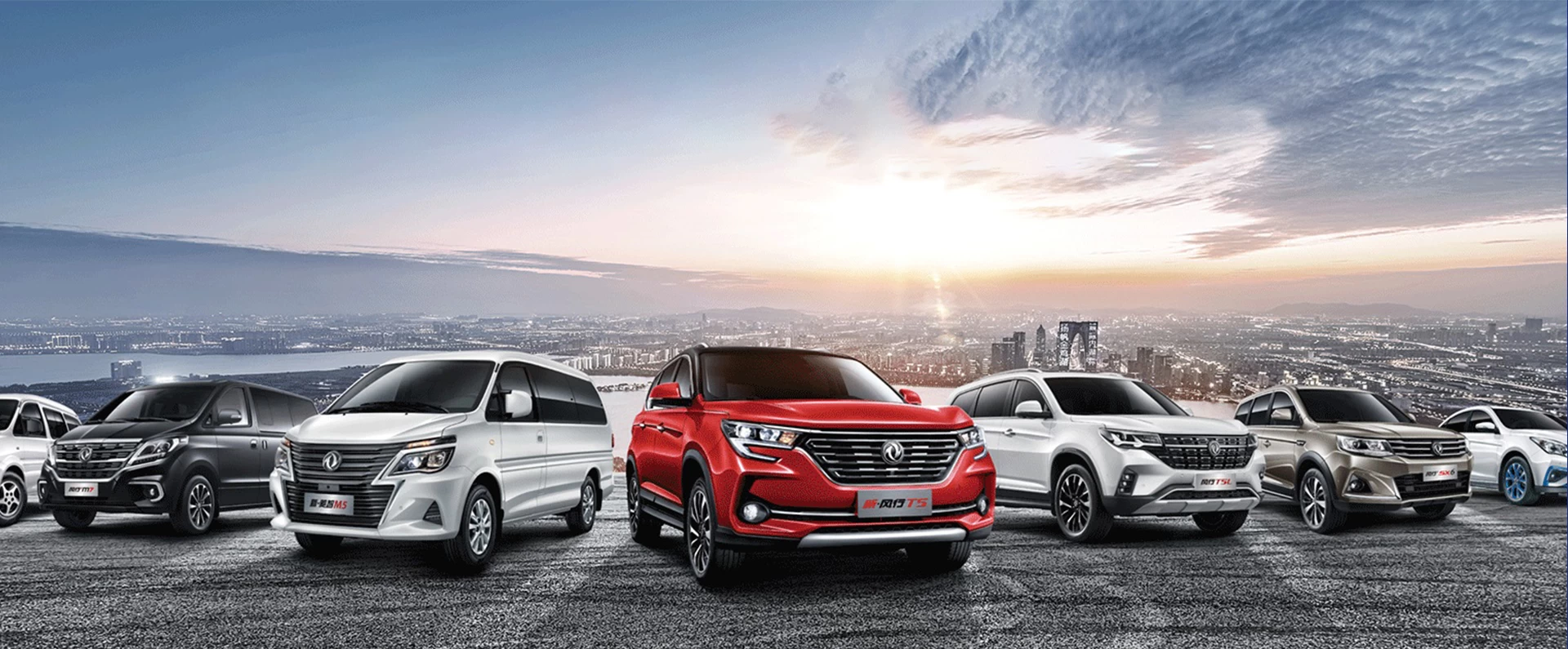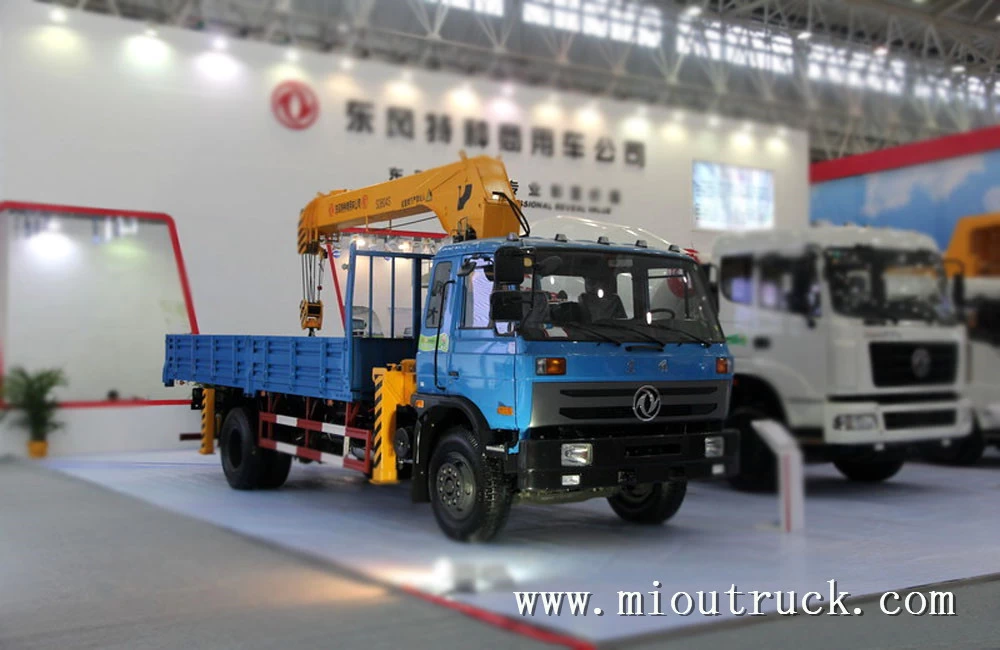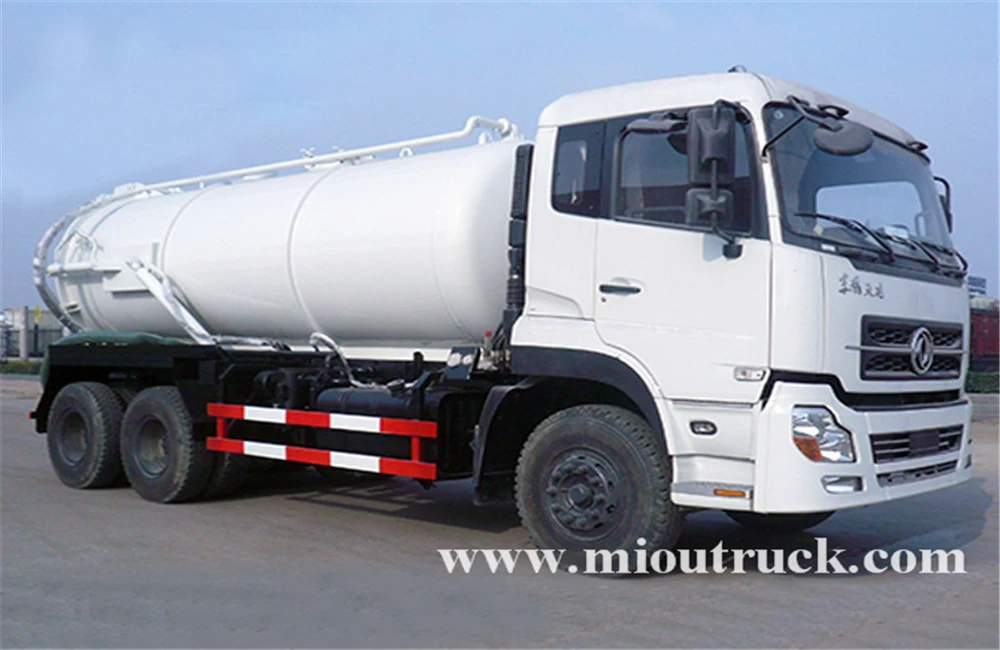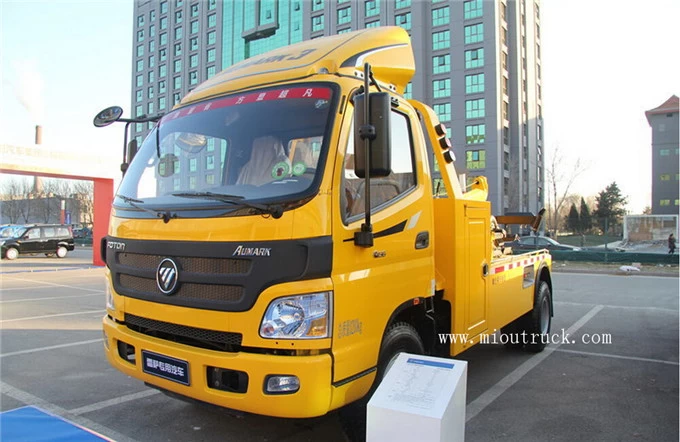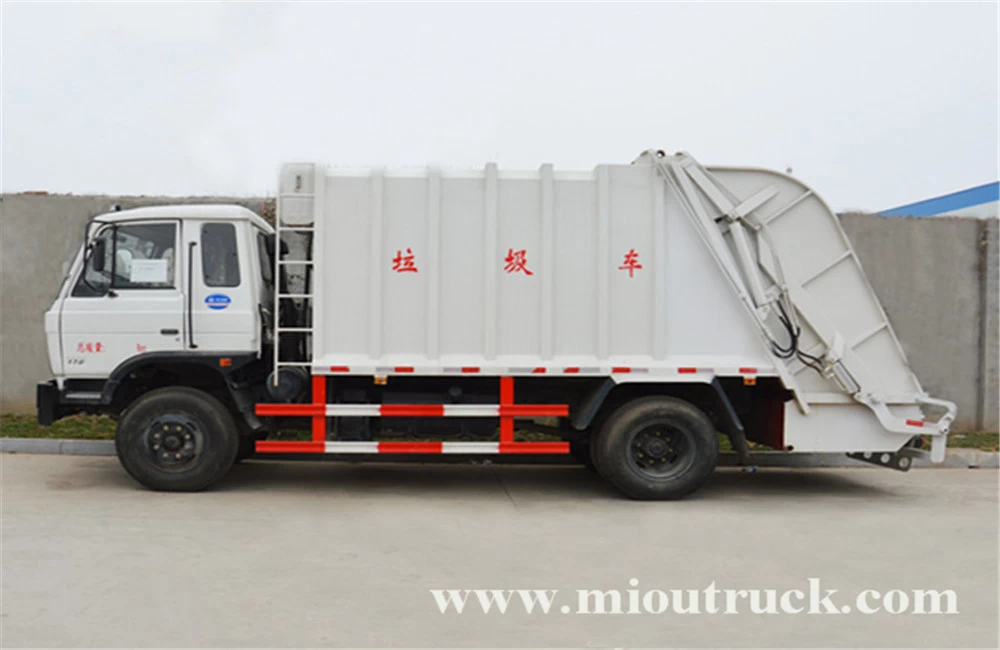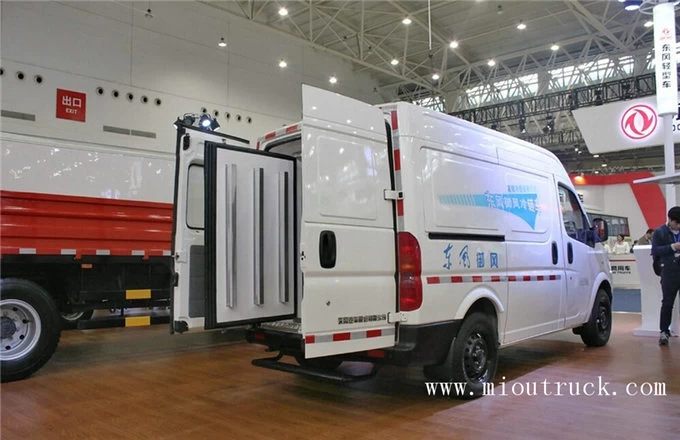Focusing on new energy and globalization, the three major state-owned automotive companies have clarified their development goals.
Recently, China FAW Group Corporation (hereinafter referred to as "FAW"), Dongfeng Motor Corporation (hereinafter referred to as "Dongfeng"), and China Changan Automobile Group Co., Ltd. (hereinafter referred to as "China Changan"), the three major state-owned automotive companies, have clarified their development goals, striving to seize the initiative and stand out in the fierce competition in the global automotive industry.
Zhang Xiang, visiting professor at the Yellow River Science and Technology University, told Securities Daily that the successive official announcements of the development goals of the three major state-owned automotive companies not only demonstrate their firm confidence in their own development, but also demonstrate their responsibility and commitment as the "national team" of China's auto industry.
Specifically, at a media conference held by China Changan on July 30, Zhu Huarong, Chairman and Party Secretary of China Changan, stated that China Changan's strategic positioning and goal is to build a world-class automotive group with global competitiveness and independent core technologies. Over the next five years, Changan Automobile will launch over 50 new energy vehicles globally, including seven global blockbuster products with sales exceeding 300,000 units. This will build a comprehensive new energy brand portfolio and establish three global brands: Avita, Deep Blue, and Changan. Over the next 10 years, Changan will invest approximately 200 billion yuan in new automotive sectors and add a 10,000-person technology innovation team to facilitate technological exploration and product monetization. "By 2030, Changan Automobile's production and sales target is 5 million vehicles, with new energy vehicle sales accounting for over 60% and overseas sales exceeding 30%. We also strive to enter the top ten global auto brands and become a world-class brand," said Zhu Huarong.
On July 31, FAW Group Corporation (FAW) held its Party Congress. At the meeting, Qiu Xiandong, Party Secretary and Chairman of FAW Group Corporation (FAW), stated that FAW's goal for the next five years is to adhere to "one positioning." This means completing the key tasks of the critical adjustment period in approximately three years, and then comprehensively strengthening the foundation for transformation and achieving new breakthroughs in development in approximately two years. By 2030, the company aims to achieve "six exceedings" in key indicators, "five leading" industrial foundations, and "five first-class" operational management. The "six exceedings" target refers to FAW's vehicle sales target exceeding 5 million units by 2030, including over 3 million intelligent connected new energy vehicles, over 2 million self-owned brand sales, over 1.5 million self-owned brand intelligent connected new energy vehicles, and over 700,000 sales in overseas markets. Furthermore, the average employee income growth rate will continue to exceed the average for central SOEs, achieving a win-win situation for both corporate development and employee well-being.
On August 1st, Dongfeng Motor Corporation's newly established subsidiary, Yipai Technology, held a strategic launch conference. Dongfeng Motor Chairman Yang Qing attended the event and stated that Dongfeng Motor will prioritize both passenger and commercial vehicles, coordinate its own independent and joint venture offerings, and accelerate the development of its new energy business. Building on its goal of selling one million independent new energy vehicles, the company will accelerate the achievement of new energy vehicle sales of 3 million, pushing its overall sales back toward 4 million, and striving for even higher targets.
"The goals set by the three major central auto enterprises in core areas such as new energy and globalization are not isolated strategic initiatives, but rather deeply resonate with the top-level design of the country's auto industry transformation. The assessment mechanism reforms launched by the State-owned Assets Supervision and Administration Commission of the State Council for central auto enterprises provide key institutional guarantees and development momentum for the realization of these ambitious goals," Lin Shi, Secretary-General of the Intelligent Connected Vehicle Branch of the China-Europe Association for Technical and Economic Cooperation, told Securities Daily.
Starting in 2024, the State-owned Assets Supervision and Administration Commission of the State Council (SASAC) will implement separate assessments of the new energy vehicle businesses of the three major central state-owned automobile enterprises. This policy adjustment breaks with the traditional profit-centric assessment framework and incorporates indicators such as market share and technological innovation into the core assessment system. This loosens the constraints on central state-owned enterprises' development in the new energy sector and encourages them to boldly innovate and actively explore.
Zhang Xiang stated that against the backdrop of the global automotive industry's accelerated transition to new energy and intelligent technologies, the three major state-owned automobile enterprises, with their strong technical capabilities, comprehensive industrial layout, and substantial market influence, are leading the high-quality development of China's automotive industry and helping China transition from an automotive power to an automotive powerhouse. Under the exemplary leadership of the three major state-owned automobile enterprises, China's automotive industry will shine even brighter on the international stage, contributing more Chinese wisdom and solutions to the development of the global automotive industry.

